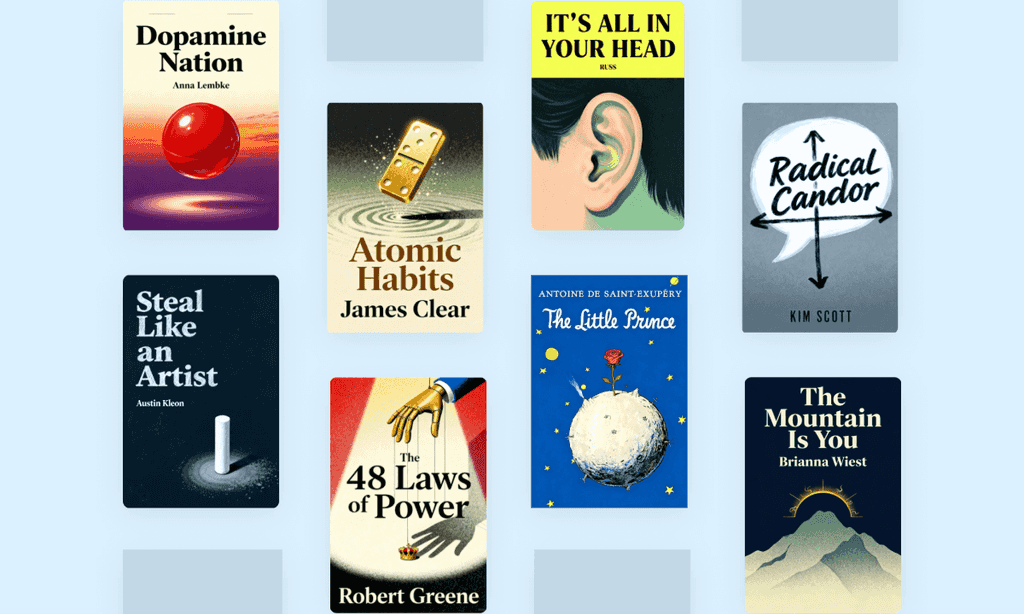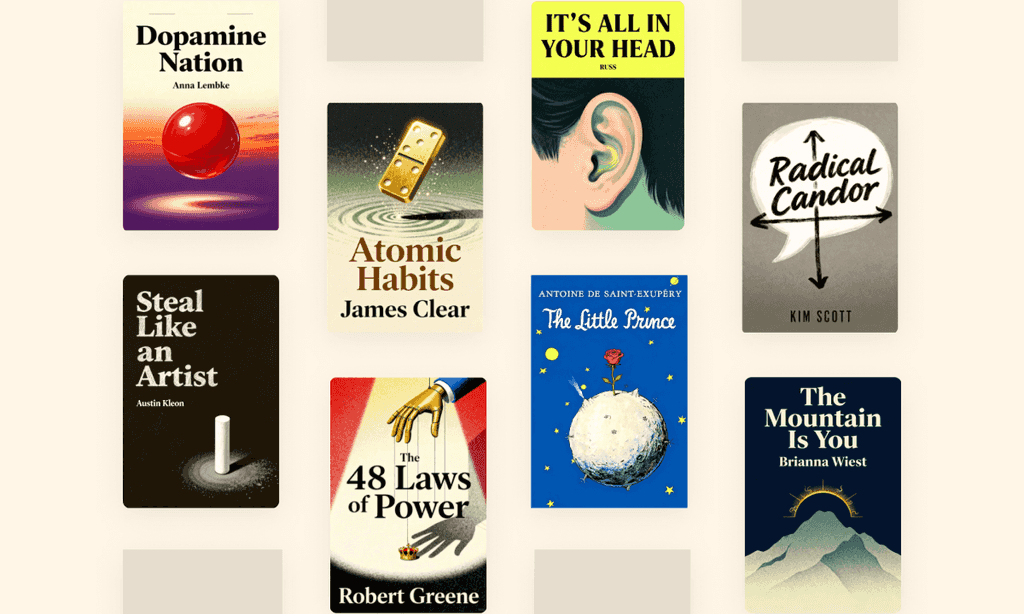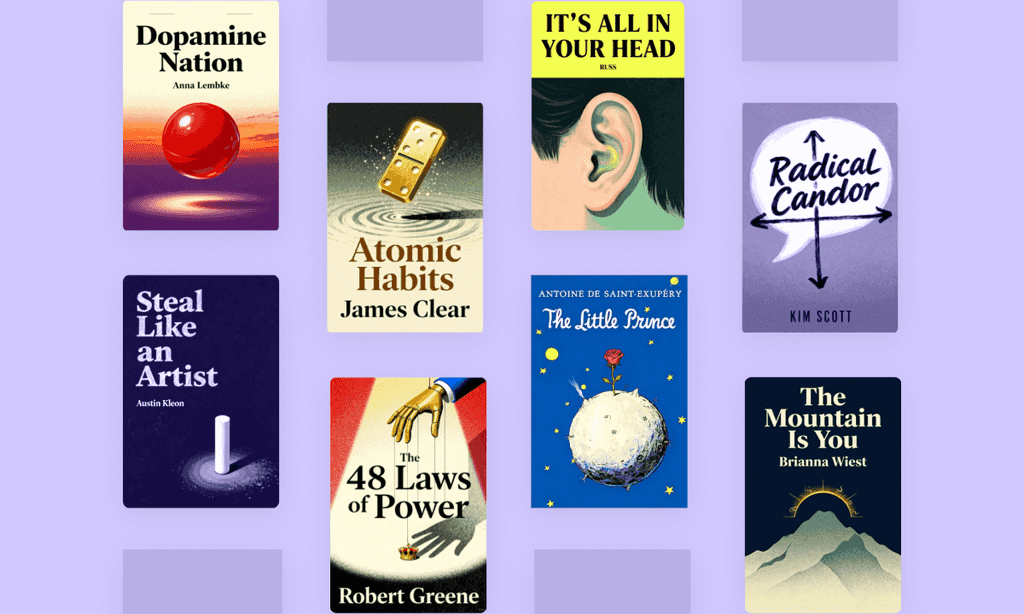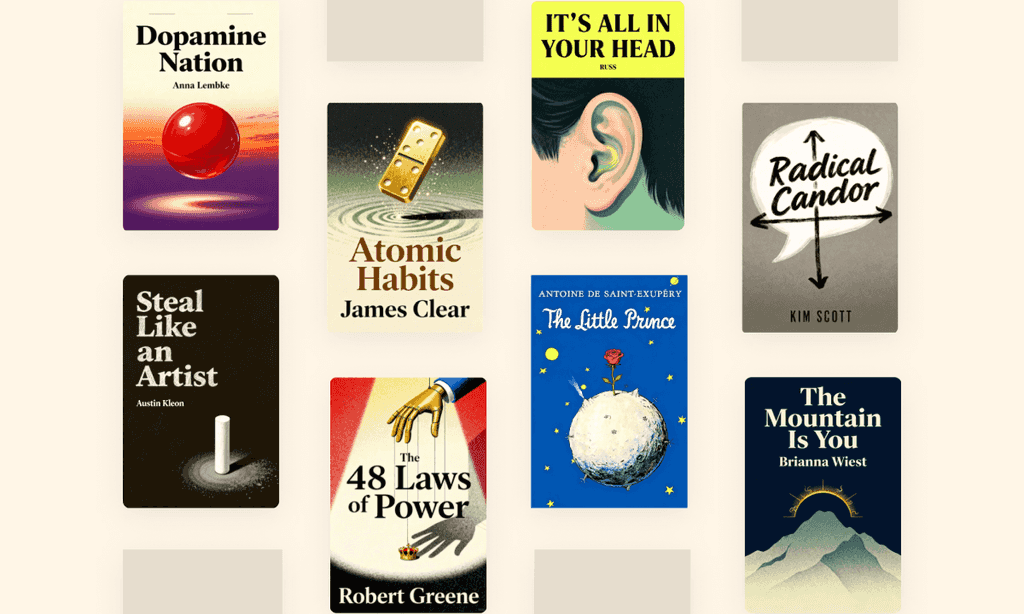Without Their Permission by Alexis Ohanian

Overview of Without Their Permission
Reddit co-founder Alexis Ohanian's manifesto reveals how anyone can reshape the digital world without permission. Endorsed by tech titans like Marc Andreessen, this blueprint helped defeat SOPA/PIPA legislation. What internet revolution will you start without asking first?
About its author - Alexis Ohanian
Alexis Kerry Ohanian is the bestselling author of Without Their Permission: How the 21st Century Will Be Made, Not Managed and a pioneering figure in tech entrepreneurship. A University of Virginia graduate with degrees in history and business, Ohanian co-founded Reddit in 2005, transforming it into a cornerstone of internet culture and a platform valued at billions. His memoir blends startup advice with advocacy for internet freedom, drawing from his firsthand experience battling restrictive legislation like SOPA and PIPA.
As a venture capitalist through Initialized Capital, Ohanian has backed over 100 startups, including Instacart and Patreon, cementing his role in shaping Silicon Valley’s innovation landscape. He’s a frequent TED speaker and has been featured in The New York Times, Forbes, and NPR for his insights on digital communities and decentralized governance. Beyond tech, Ohanian’s advocacy extends to gender equality in sports as a founding investor in Angel City FC.
Without Their Permission reflects Ohanian’s contrarian ethos, urging readers to challenge legacy systems and build inclusive digital futures. The book’s principles have influenced tech policy debates and entrepreneurial education globally. Reddit, under his early leadership, now serves over 50 million daily users, underscoring his enduring impact on internet culture.
Key Takeaways of Without Their Permission
- Permissionless innovation lets creators launch ideas without gatekeepers’ approval
- Build communities first—user-driven platforms thrive on authentic engagement
- Solve your own problems to create solutions others need
- Internet freedom fuels global entrepreneurship—protect open access for future innovators
- Launch early, iterate fast: Reddit succeeded through relentless user feedback
- Rejection fuels motivation—let “rounding error” dismissals drive your ambition
- Volunteer for visibility: show up consistently to build credibility and opportunities
- Growth beats perfection—focus on scalable solutions over polished products
- Network strategically: founder communities provide crucial support for startup survival
- Maintain creative control—sell ventures without sacrificing core values or mission
- Digital advocacy works: social media mobilizes change faster than traditional systems
- Embrace pivots—success often comes through unexpected market adaptations


















